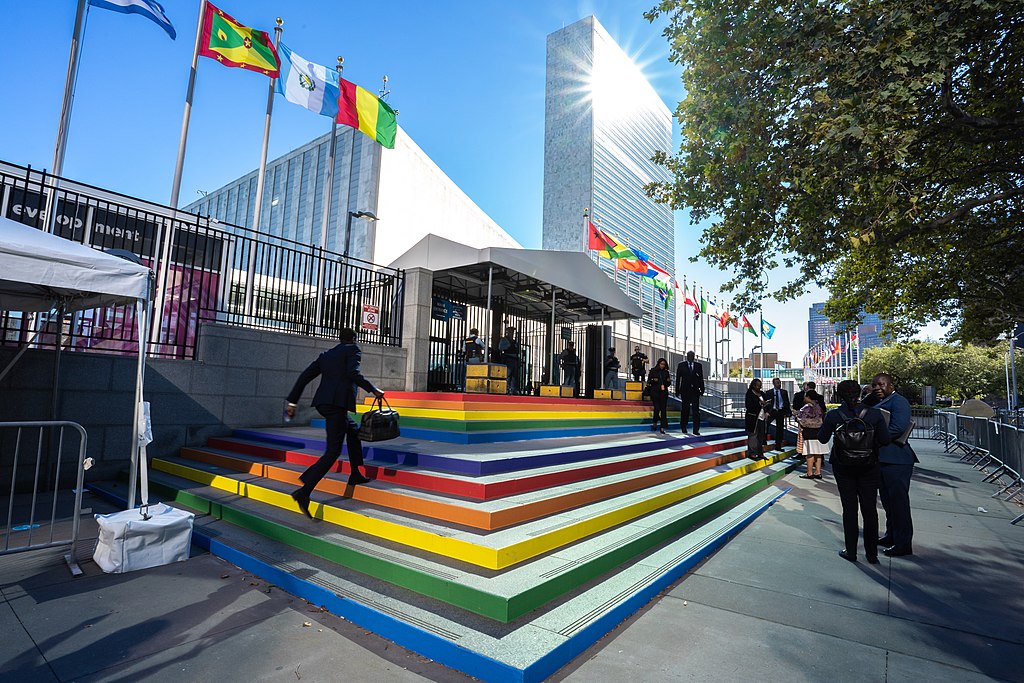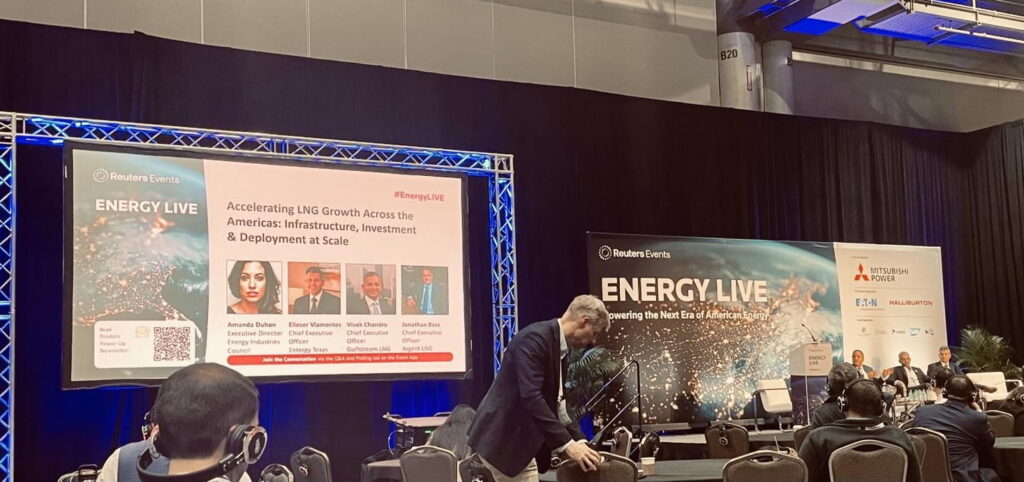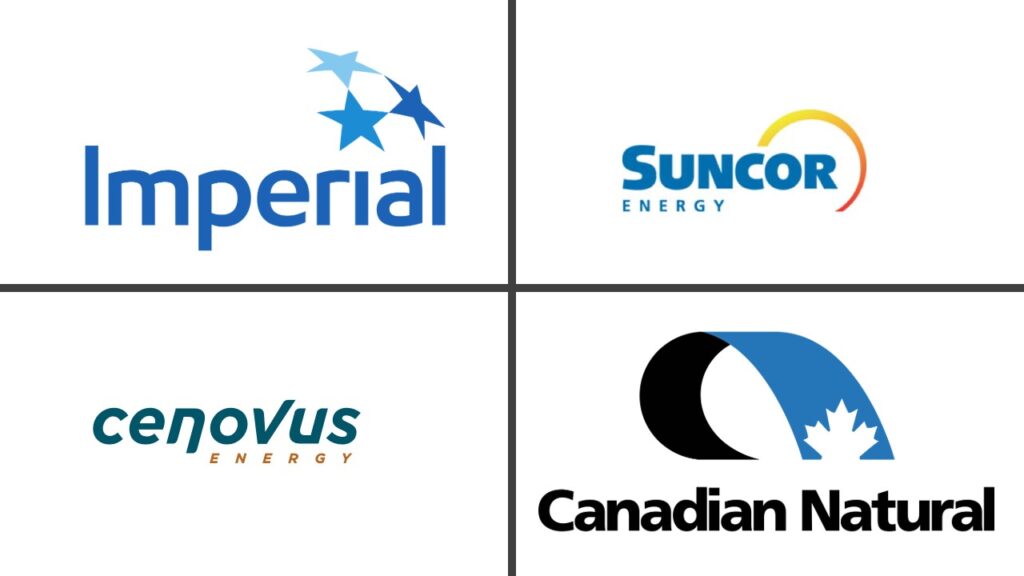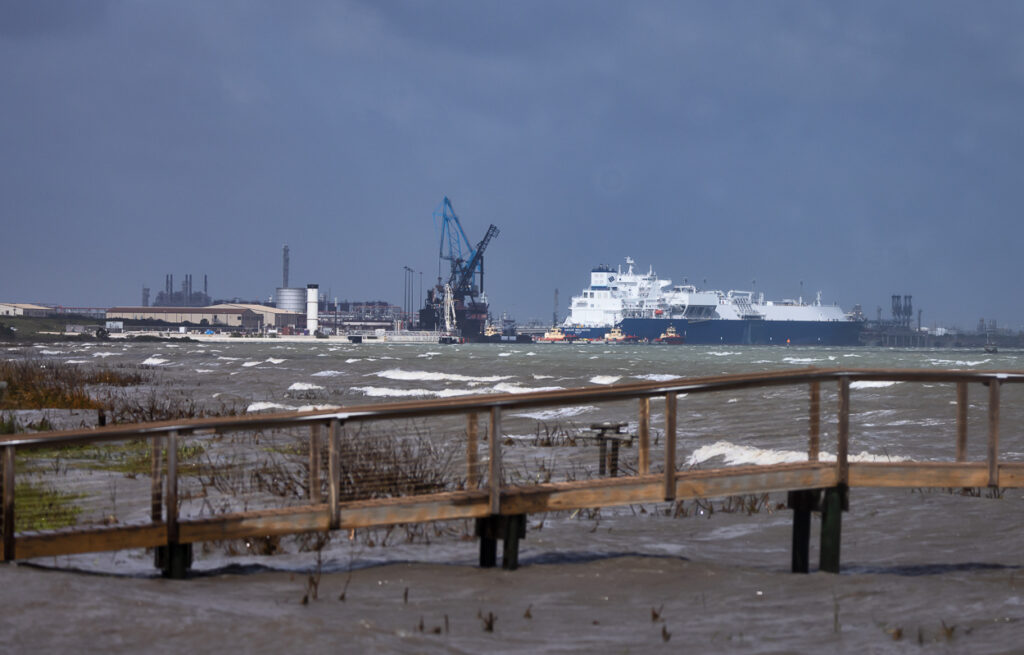Campaigners are increasingly taking out lawsuits against the funders of fossil fuels and other climate-harming activities, according to a new report.
In its annual review of climate litigation, published June 26, the London School of Economics and Political Science’s (LSE) Grantham Research Institute on Climate Change and the Environment identifies a modest but growing number of lawsuits challenging the flow of finance to projects that worsen climate change.
In total, 33 cases that challenge the flow of funding have been recorded since academics began keeping track nine years ago. Six were filed in 2023.
Subscribe to our newsletter
Stay up to date with DeSmog news and alerts
These lawsuits use a variety of legal tools to try to hold public and private financial institutions accountable, the report finds. “Their common goal is to amplify the importance of climate risk in financial decision-making, increasing the cost of capital for high-emitting activities to the point where such activities become economically unviable, even if they remain legally permissible,” according to the report.
In one significant recent case, human rights and environmental NGO Jubilee Australia challenged Australia’s export credit agency Export Finance Australia and the $7 billion AUD Northern Australia Infrastructure Facility for giving taxpayer-subsidized finance to risky new fossil fuel projects and related ventures that would otherwise not go ahead. Jubilee Australia wants to force the public bodies involved to disclose impact assessments for these investments.
Catherine Higham, policy fellow at LSE who co-wrote the report, said campaigners have targeted public financial institutions since the early 2000s using both divestment and legal tactics because of the pivotal role they play in financing fossil fuels. “But we’re now seeing more attention on commercial banks and commercial lenders,” she said.
One example of targeting public banks comes from Dutch NGO Milieudefensie, which brought a landmark climate lawsuit against Shell that is currently under appeal. The suit has threatened legal action against Dutch bank ING, arguing it has breached its legal obligations “by contributing to dangerous climate change.”
Claims like these have had a measure of success.
Jubilee withdrew its case against Export Finance Australia because the credit agency showed “overall compliance with its legal obligations to disclose the impacts on the environment of its activities, including its financing activities.”
In another Australian case, a shareholder of banking group ANZ ended a claim against the company after it elevated climate “as a key material risk.” In May, ANZ announced it would no longer provide project finance to new or expanded oil and gas projects, specifically ruling out involvement with a huge new LNG project in Papua New Guinea that fossil fuel companies including TotalEnergies, Santos, and ExxonMobil are developing.
BNP Still Making Loans
French bank BNP Paribas also recently said it would stop funding new gas projects as the risk of litigation rises. Campaigners, including Oxfam France, had sued the bank for financing fossil fuels in the first-ever climate-related lawsuit against a commercial bank. However, activists noted that BNP cut out direct loans, and it still supports oil and gas through indirect loans to other involved companies and by underwriting bonds. Higham said the result of this case has “the potential to take things up a notch.”
Other lawsuits have been struck by courts. In 2022, UK campaigners were unsuccessful in challenging the government over its failure to account for the billions of pounds in financial support to the fossil fuel industry when deciding how much oil and gas to extract from the North Sea.
Not all of these cases go through the mainstream courts, according to the LSE report.
A handful of complaints have been filed with national contact points of the Organisation for Economic Co-operation and Development (OECD), claiming to identify breaches of the OECD Guidelines for Multinational Enterprises on Responsible Business Conduct.
Insurance giant Marsh, for example, has been accused of breaching these guidelines by arranging cover for the hugely controversial East African Crude Oil Pipeline (EACOP), according to a formal complaint lodged in 2023 with the U.S. government by a group of Ugandan, Tanzanian, and U.S.-based human rights and environmental NGOs, which have chosen to remain anonymous for fear of reprisals.
In addition, this year Greenpeace Luxembourg is challenging sovereign pension fund Fonds de Compensation de la Sécurité Sociale (FDC SICAV FIS) , claiming its investment activities breach recommendations on disclosure, environment, human rights, and consumer interests.
A previous claim from 2020 against Australian banking group ANZ confirmed that climate change was relevant to responsible business practices under the OECD guidelines, but the organization did not require companies to divest from fossil fuels.
The OECD guidelines are just one example of “soft law” – agreements that are influential but not legally binding – groups use to try to push corporations and their funders in a greener direction.
Last year, UN human rights experts sent several governments a written warning about the responsibilities of the financial backers of the oil company Saudi Aramco under the UN Guiding Principles on Business and Human Rights.
They expressed concern about how the oil giant’s actions undermine the Paris Agreement. Saudi Aramco is the world’s single biggest corporate emitter, but it has no plans to curtail fossil fuel production.
The warning came after legal campaign group ClientEarth filed a complaint to the UN accusing Aramco of breaching international human rights law and naming its key financial supporters, including Citigroup, HSBC, and JPMorgan Chase.
Although these guidelines and principles cannot be directly enforced, the LSE notes that aspects of them are hardening into mandatory requirements, particularly within the EU.
A Landmark Ruling in Australia
Traditional Indigenous owners from Australia’s Tiwi Islands and Larrakia country have also filed a series of human rights complaints using internal grievance processes against a syndicate of 23 international banks that loaned money to Santos and its Barossa gas project off the coast of Australia. This followed a landmark Australian court ruling that revoked the project’s drilling permit due to insufficient Indigenous consultation.
Campaigners have also brought claims against two Korean public financial institutions – the Korea Trade Insurance Corporation and Korea Export Import Bank – which are functioning as export credit agencies planning to provide financial support to the Barossa project. A Korean and two Tiwi islanders claim that the project’s impact on climate change breaches, respectively, their constitutional rights under the Korean Constitution and the property rights of the indigenous individuals living in the Tiwi Islands.
These claims expose the international nature of fossil fuel funding, and the opportunities for campaigners in different countries to work together to address it.
According to the LSE report, financial organisations are starting to take note of climate litigation as a risk to individual companies and the wider economy.
Last year, Frank Elderson, member of the executive board of the European Central Bank, said the rising number of lawsuits posed “obvious risks for the financial sector” that must be taken seriously. “Litigants in these cases are sophisticated and use their transnational networks to build precedents across borders,” he said. “They are well funded, well connected and well organised. And they can – and do – hire the best and brightest lawyers in the field.”
To address this, Elderson said banks should start putting in place “realistic, transparent and credible transition plans” that align with the Paris Agreement.
Subscribe to our newsletter
Stay up to date with DeSmog news and alerts






